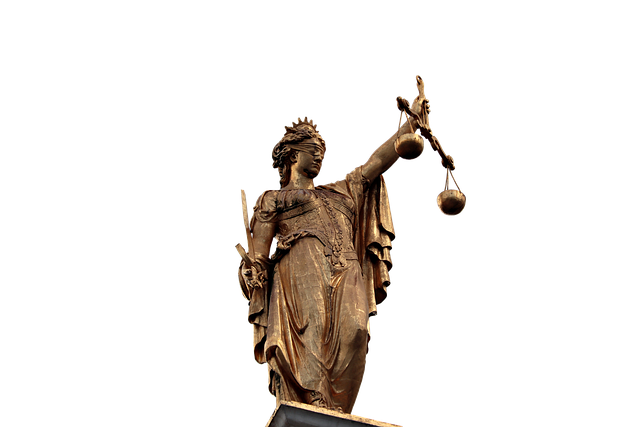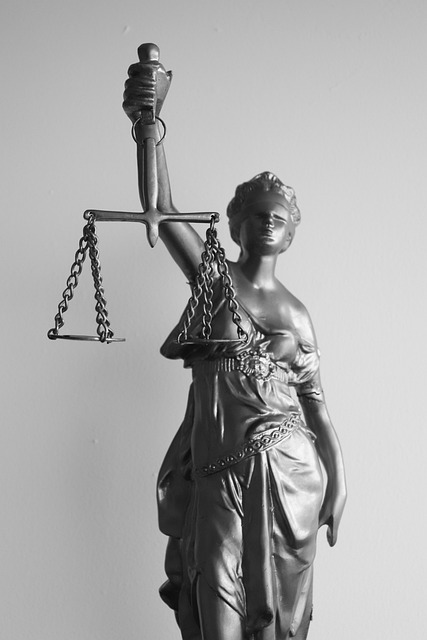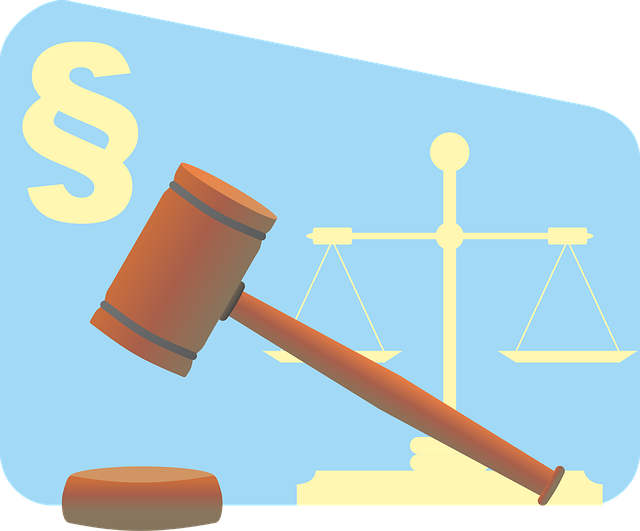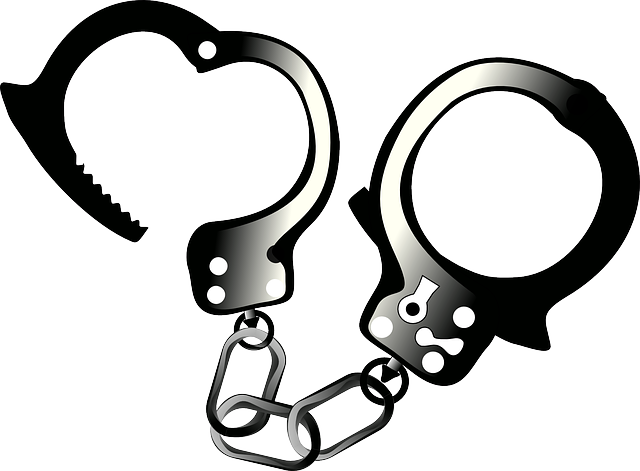Criminal law enforcement involves a structured process from crime reporting to sentencing, emphasizing fair law application. Key steps include evidence gathering, interviews, and legal framework understanding, like the Digital Millennium Copyright Act (DMCA) for IP crimes. Effective prosecution requires legal knowledge and evidence collection expertise. Filing a criminal complaint demands careful consideration, evidence collection, and consultation with a lawyer. Protecting accused individuals' rights is crucial, including the right to remain silent and a speedy trial. Collaboration between law enforcement and prosecutors using advanced technologies enhances crime-fighting. Mastering the steps to file an Intellectual Property lawsuit can lead to charge dismissal, protecting businesses.
In the realm of criminal law enforcement, understanding the fundamentals is key to ensuring justice. This article guides you through essential aspects, from grasping basic principles to mastering complex procedures. Learn the steps involved in filing a criminal complaint, including strategies for effective investigation and prosecution. Additionally, discover the legal rights and protections afforded to those accused, offering valuable insights into navigating criminal justice systems. For a successful outcome, understanding these processes, especially when it comes to Steps to File an Intellectual Property Lawsuit, is paramount.
- Understanding Criminal Law Enforcement Basics
- Steps to File a Criminal Complaint
- Legal Rights and Protections for Accused
- Strategies for Effective Investigation & Prosecution
Understanding Criminal Law Enforcement Basics

Criminal law enforcement forms the backbone of any society’s justice system, focusing on protecting citizens and maintaining social order through the prosecution of criminal activities. At its core, it involves understanding the intricacies of criminal codes and laws to ensure fair and just applications in all stages of the investigative and enforcement process. From initial reporting of crimes to the eventual sentencing of offenders, law enforcement agencies navigate complex procedures designed to uphold the rule of law.
While each jurisdiction has its unique approach, several foundational steps govern how a case progresses from crime scene to courtroom. These include gathering evidence, conducting interviews, building a compelling narrative, and, in cases involving intellectual property crimes, understanding the specific legal frameworks that protect creative works and innovations. The latter, for instance, involves meticulous documentation of copyright infringement or patent violations and following precise procedures outlined in laws like the Digital Millennium Copyright Act (DMCA) to file formal complaints. Ultimately, successful prosecution requires a strong foundation in both law and evidence collection, often requiring the expertise of professionals across diverse fields to achieve winning challenging defense verdicts and serve as a testament to the fairness of the justice system within the philanthropic and political communities.
Steps to File a Criminal Complaint

When considering steps to file a criminal complaint, it’s essential to understand the process is both complex and crucial. The first step involves gathering substantial evidence and understanding the nature of the alleged crime. This may include police reports, witness statements, medical records, or any digital evidence relevant to the case. Consulting with a general criminal defense lawyer who can guide you through this initial phase is highly recommended. They will ensure that all necessary documentation is accurately compiled and presented.
Once prepared, the complaint should be filed with the appropriate legal authority, typically a local or state court, depending on the jurisdiction. This process may vary across regions, but it often involves submitting a detailed written statement outlining the criminal offense, including dates, locations, and any damages incurred. In high-stakes cases, achieving extraordinary results often hinges on meticulous attention to these steps, ensuring that every detail is accounted for in the initial filing.
Legal Rights and Protections for Accused

In any criminal law enforcement scenario, it’s paramount to recognize that accused individuals possess legal rights and protections guaranteed by the system. These rights serve as a cornerstone of fair trials and due process, ensuring that justice is not only sought but also served equitably. When facing criminal charges, whether for felonies or misdemeanors, understanding these rights is crucial. This includes the right to remain silent, the right to an attorney, and the right to a speedy trial by jury—a fundamental aspect of many legal systems.
For those involved in complex cases, such as white-collar defense, the process can be intricate. However, knowledge of the steps to file an intellectual property lawsuit is not only relevant but also strategically valuable. These proceedings often involve unique challenges and may lead to significant outcomes. An unprecedented track record of successful defenses underscores the importance of robust legal representation, ensuring that accused individuals are equipped with both a comprehensive understanding of their rights and the tactical tools necessary to navigate the complexities of criminal law enforcement.
Strategies for Effective Investigation & Prosecution

In the pursuit of justice, effective investigation and prosecution strategies are paramount. Law enforcement agencies must adopt a multi-faceted approach to combat crime, leveraging advanced technologies and data analytics to gather evidence and build robust cases. One key strategy is establishing strong investigative protocols, ensuring every lead is meticulously followed up and potential witnesses are diligently interviewed. This methodical process helps in piecing together crucial information, which can often prove decisive in court.
Prosecution, on the other hand, requires a keen understanding of legal nuances and strategic presentation. Attorneys should focus on constructing a compelling narrative, utilizing physical evidence, expert testimony, and witness statements to build a solid case. Moreover, they must be adept at navigating complex legal procedures, ensuring all necessary steps, including the steps to file an Intellectual Property lawsuit, are diligently followed. A well-prepared prosecution can lead to successful outcomes, culminating in the complete dismissal of all charges for their clients, thereby safeguarding the respective business interests.
Criminal law enforcement is a complex field that involves understanding basic principles, knowing how to file complaints, and ensuring both accused and victims have their rights protected. By following effective strategies for investigation and prosecution, we can strengthen our legal systems and secure justice. Remember, whether it’s navigating intellectual property lawsuits or addressing criminal cases, knowledge and adherence to legal procedures are key.






